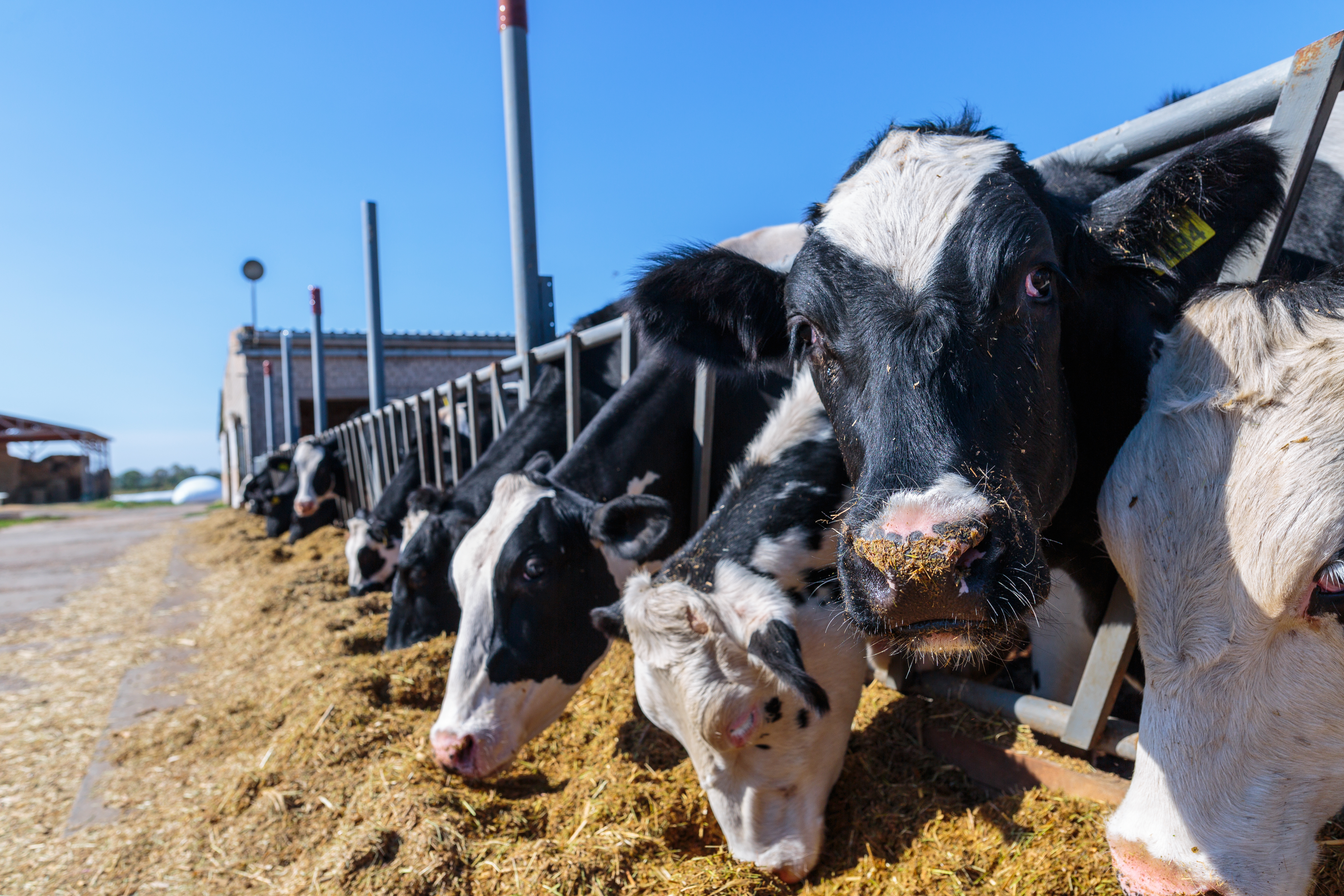A Diet Change for Climate Change

If you had asked me “what is your favorite food?” just a few months ago, I would have answered with enthusiastic certainty: a tender beef filet. Beef had always been my favorite food – until I learned about the much less appetizing effect of beef production on the environment.
A cow is a ruminant, like goats and sheep. A ruminant converts the plant material it eats into body mass through a fermentation process in its stomach. This process produces a significant amount methane – a greenhouse gas 28–36 times more potent, in terms of warming potential, than carbon dioxide. It also requires the consumption of a large amount fresh water – both directly for the cow to drink and indirectly to grow the cow’s feed. Animal feed in itself is a problem, because in order to maintain high yields of these crops, copious amounts of nitrogen fertilizer is applied to the soil which feeds trillions of microscopic organisms that, in turn, contribute to the methane overload. Pesticides are also necessary to treat the feed; this can cause lasting harm to the ecology of the farmland and the surrounding environment. Cows also produce large amounts of manure and liquid waste which can containment ground water, lakes, rivers, streams, and even human water supplies. In other words, beef production lies at the heart of an unsustainable and environmentally destructive supply chain.
Despite these facts, the demand for low cost beef and dairy products is soaring. By 2050, meat production is predicted to double to 1.2 trillion pounds of meat annually. If these predictions prove correct, the pressure of the food system on natural resources may increase by 90%. In particular, this has dire implications for areas affected by forecasted changes in climate. According to scientist Brett Favaro in The Carbon Code, the greenhouse gas produced by a single dairy cow is approximately equivalent to the emissions of a midsize car; and there are 1.5 billion cows on Earth. Favaro thus describes the beef and dairy industry as “the coal power plants of agriculture.”
Even if you are not convinced by climate science, there is no argument around the fact that useable freshwater on our planet is limited. Of all water on Earth, only 2.5% is fresh water fit for human consumption. And once you realize that just one hamburger is the equivalent of 660 gallons of that water, or the equivalent of showering for 2 months, can you begin to understand why a collective transformation in diet is necessary to avoid serious environmental ramifications. And that is just the meat itself. An EPA report removed in 2016 by the Trump Administration found that even dairy products, like milk and cheese, are a concern. It can take one thousand gallons of water just to produce one gallon of milk. In all, raising livestock in the United States consumes roughly 340 trillion gallons of water annually.
The bottom line is that what we choose to eat has a direct impact of the health of our planet. According to a 2019 scientific study published by The Lancet, “food production is among the largest drivers of global environmental change by contributing to climate change, biodiversity loss, freshwater use . . . and chemical pollution.” The good news is that diet is entirely within our control. Although beef consumption in America is ingrained in our culture, and for some would be very difficult to give up altogether, even a small shift in our collective diet can have a significant impact on carbon emissions. By eating a meatless meal, just once or twice per week, over the course of a year, one can save the emissions equivalent of 320 miles of driving. So why not take an online pledge, track your diet over the next week, meet a friend to share a vegetarian meal, or find some other way to commit yourself to a sustainable diet? Through simple actions like these, YOU can have a major impact on the future of our planet just by reducing the amount of red meat and dairy you consume. If WE act together, there is hope.
https://www.epa.gov/ghgemissions/understanding-global-warming-potentials
https://www.earthday.org/take-action/cutting-your-foodprint/